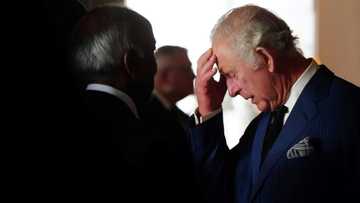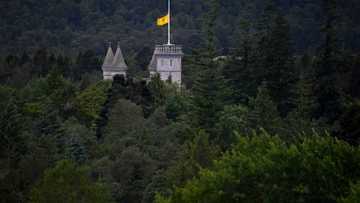Queen's death ignites debate over Africa's colonial past
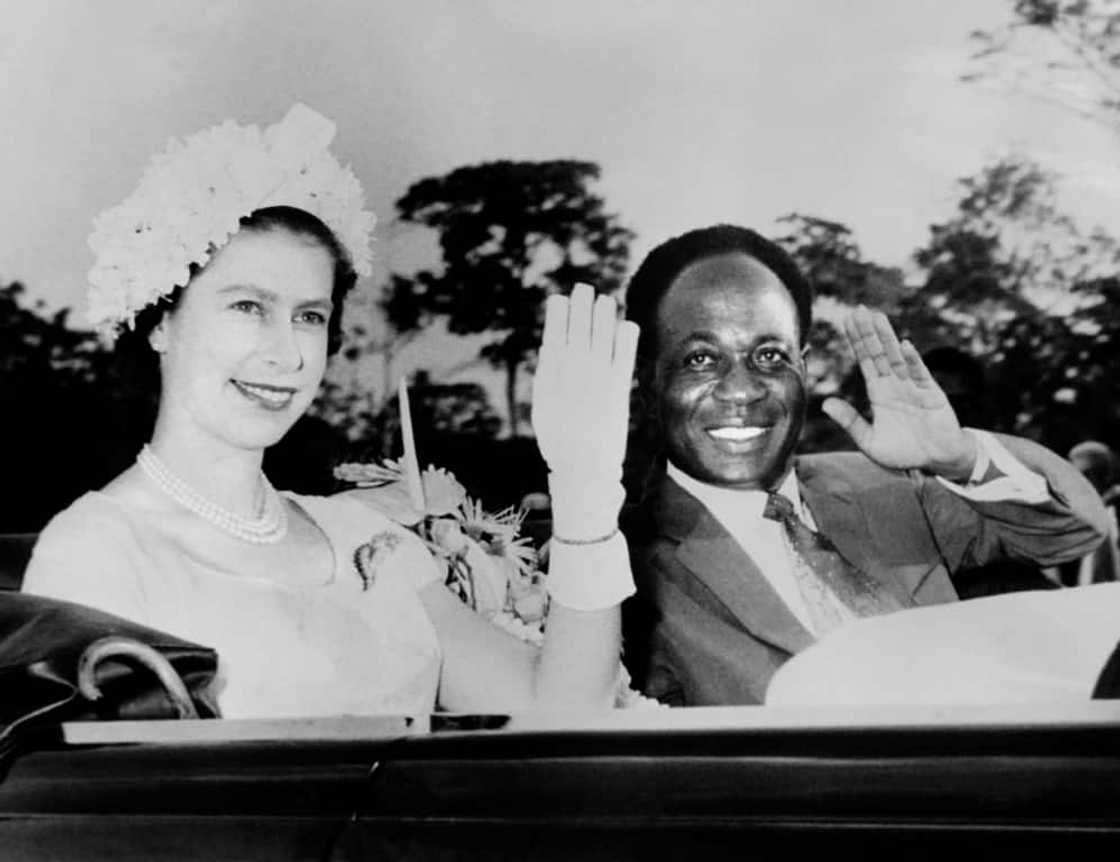
Source: AFP
New feature: Check out news exactly for YOU ➡️ find “Recommended for you” block and enjoy!
From Kenya and Nigeria to South Africa and Uganda, Queen Elizabeth's death met with an outpouring of official condolences, mourning and memories of her frequent visits to Africa during her seven decades on the throne.
But the British monarch's passing also revived a sensitive debate over Africa's colonial past.
Her death came at a time when European countries are under pressure to reckon with their colonial histories, atoning for past crimes and returning stolen African artefacts held for years in museums from London and Paris.
Nigerian President Muhammadu Buhari and Kenyan President Uhuru Kenyatta were among those expressing condolences for the loss of an "icon."
But many Africans reflected more on the tragedies from colonial times, including events that occurred in the first decade of her rule.
Kenya gained independence from Britain in 1963, after an eight-year-long rebellion that left at least 10,000 people dead.
PAY ATTENTION: Click “See First” under the “Following” tab to see Briefly News on your News Feed!
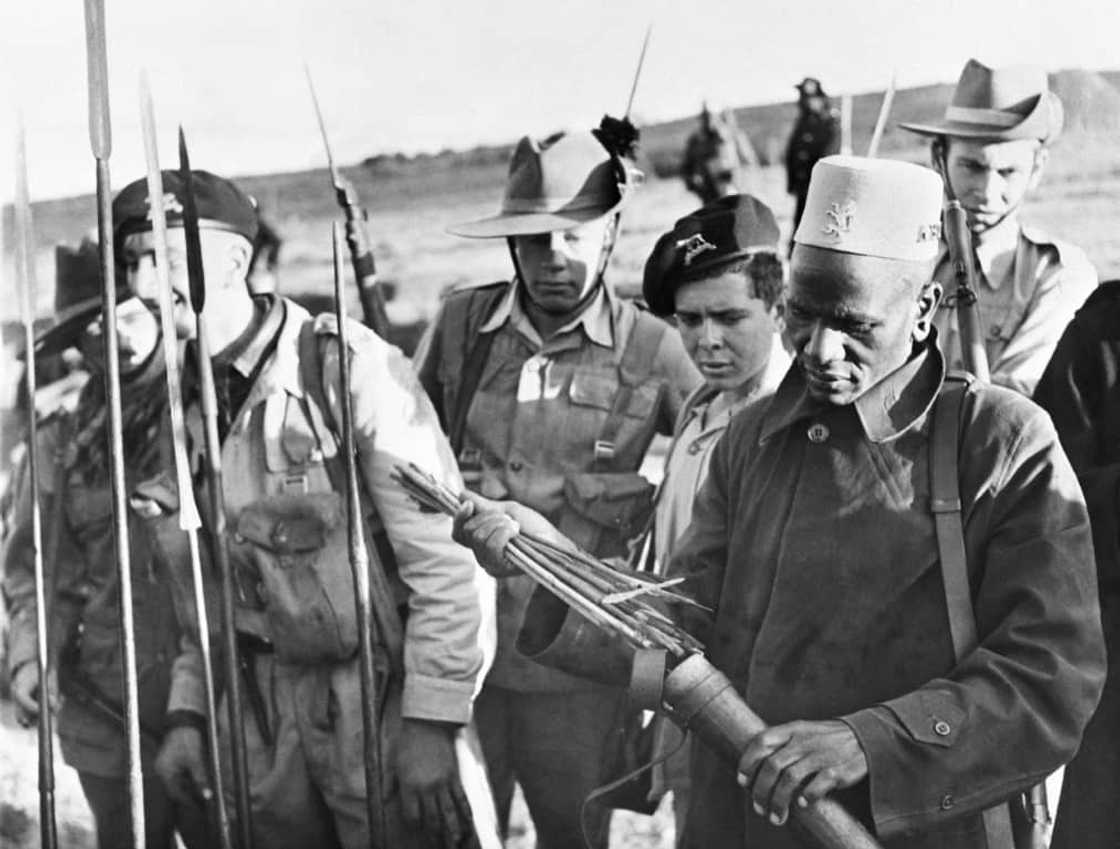
Source: AFP
Britain agreed in 2013 to compensate over 5,000 Kenyans who had suffered abuse during the Mau Mau revolt, in a deal worth nearly 20 million pounds ($23 million).
"The Queen leaves a mixed legacy of the brutal suppression of Kenyans in their own country and mutually beneficial relations," The Daily Nation, Kenya's biggest newspaper, wrote in a weekend editorial.
Elizabeth was visiting Kenya in 1952 when her father died and she became queen.
"What followed was a bloody chapter in Kenya’s history, with atrocities committed against a people whose only sin was to demand independence."
"While the ties with Britain have been useful, it is difficult to forget those atrocities."
Treasures, Biafra war
As part of recent restorations for the past, Nigeria and neighbouring Benin have seen the return from Britain and France of the first of thousands of artefacts plundered during colonial times.
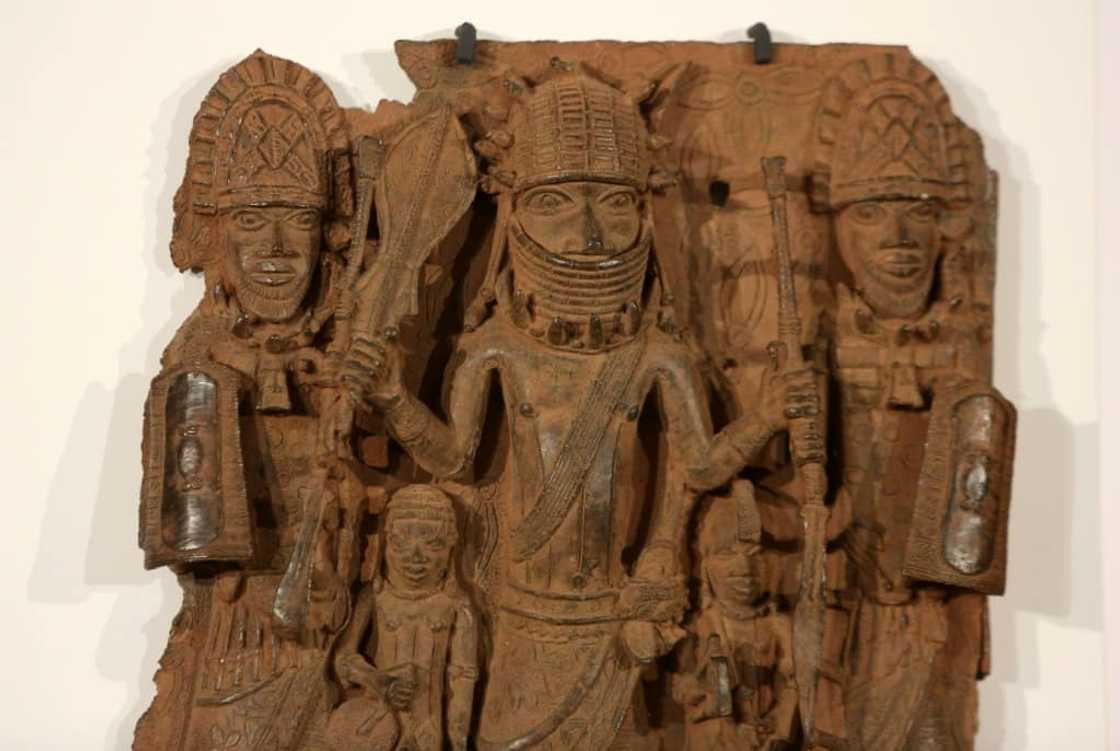
Source: AFP
Nigeria's so-called Benin Bronzes -- 16th to 18th century metal plaques and sculptures -- were looted from the palace of the ancient Benin Kingdom and ended up in museums across the US and Europe.
Nigeria's Buhari said the country's history "will never be complete without a chapter on Queen Elizabeth II".
While some praised her role leading up to Nigeria's independence, others pointed out she was head of state when Britain supported Nigerian army during the country's civil war.
More than one million people died between 1967-1970, mostly from starvation and disease, during the conflict after ethnic Igbo officers declared independence in the southeast.
"If anyone expects me to express anything but disdain for the monarch who supervised a government sponsored genocide...you can keep wishing upon a star," Nigerian-born US-based professor Uju Anya said, in a Twitter reference to the Biafra war that triggered fierce debate on social media.
Similar mixed reactions were expressed in South Africa, where President Cyril Ramaphosa called her an "extraordinary" figure.
But the opposition Economic Freedom Fighters or EFF movement was more dismissive, recalling decades of apartheid, in which Britain, the former coloniser, was often passive.
"We do not mourn the death of Elizabeth, because to us her death is a reminder of a very tragic period in this country and Africa's history," EFF said in a statement.
Ugandan legacy
In Uganda, some went back further, recalling the Bunyoro Kingdom's ruler Omukama Kabalega, who resisted British rule in the late 1890s.
He was deposed and exiled to the Seychelles and the kingdom was then absorbed into the British empire.
"As much as the queen was able to maintain cohesion of the former British colonies, she had not addressed adequately the injustices meted out on some of the states including Uganda," said former intelligence director and now political analyst, Charles Rwomushana.
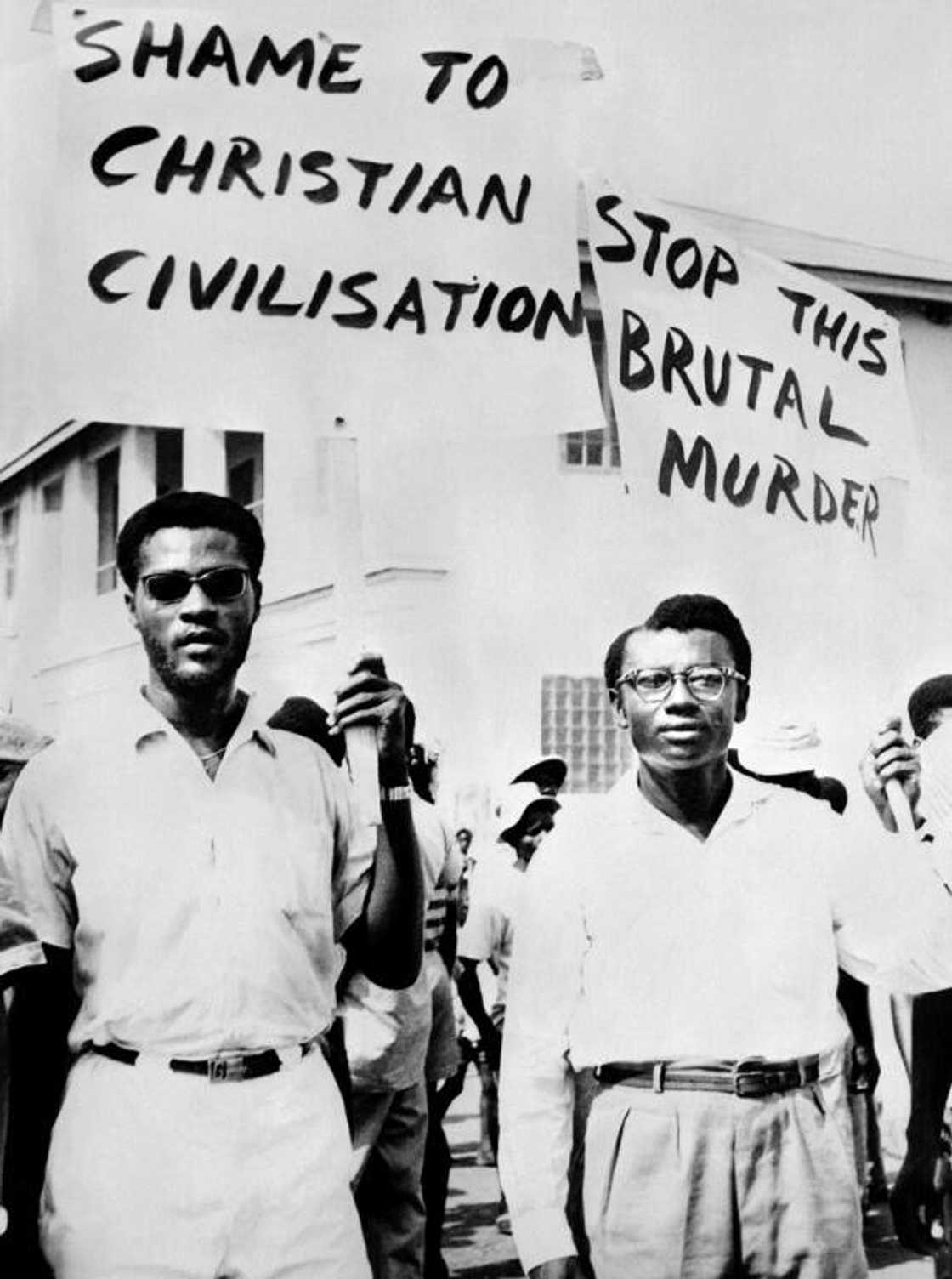
Source: AFP
Last month, the Uganda Tourism Association called for a committee to lead the return of Ugandan artefacts from British and other foreign museums, including some 300 from Bunyoro, according to the parliament.
Charles Onyango-Obbo, writer and Uganda government critic, said on Twitter many long-ruling African leaders used Queen Elizabeth's 70-year reign to justify their own decades in power.
"Now that she has passed, they are scrambling to learn how to make their case convincingly in the past tense."
Mukoma Wa Ngugi, the son of Kenya’s world renowned writer Ngugi wa Thiong'o and who is himself a novelist as well as an associate professor of English at Cornell University, also questioned the Queen's legacy in Africa.
"If the queen had apologised for slavery, colonialism and neocolonialism and urged the crown to offer reparations for the millions of lives taken in her/their names, then perhaps I would do the human thing and feel bad," he wrote on Tweeter.
"As a Kenyan, I feel nothing. This theater is absurd."
New feature: check out news exactly for YOU ➡️ find "Recommended for you" block and enjoy!
Source: AFP



